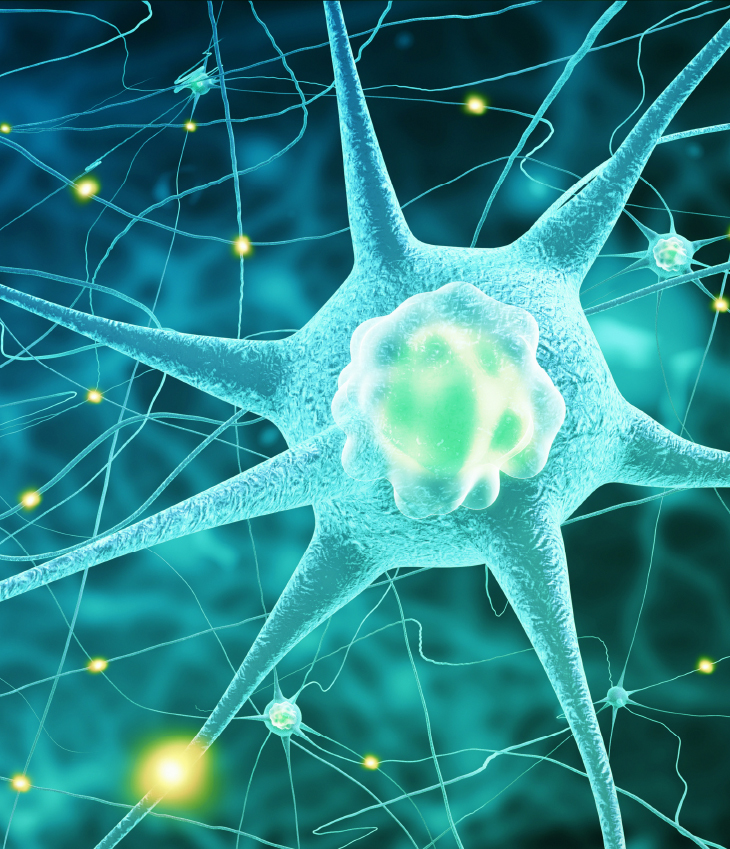What are Fixed & Growth Mindsets?
The most well-researched set of mindsets is fixed and growth mindsets. This set of mindsets involves individuals’ beliefs around whether or not they and others can change their talents, abilities, and intelligence. It turns out these implicit beliefs have profound implications.
Pro-tip: If you haven’t read the article “What are Mindsets?” read that first before reading this article.
What are Fixed and Growth Mindsets?
Fixed mindsets involve the belief that one’s traits are “fixed” and that innate talent alone fosters success. Stated differently, if you have a fixed mindset, you see yourself as being unable to significantly change, grow, or develop (think: a boulder). Essentially, you are who you are, and there is nothing you can do about it. Those with a fixed mindset are inclined to think, “Who I am now, is the same person I am going to be five years from now.”
Growth mindsets involve the belief that one’s talents, skills, and abilities can grow over time. Stated differently, if you have a growth mindset, you see yourself as being able to change, grow, and develop (think: a tree). Those with a growth mindset are inclined to think, “Who I am now, is only a shadow of who I am going to be.”

Why are these mindsets so important?


When people have a fixed mindset, they are overly concerned about failing. This is because to them, being someone who can’t change, failing is an indication that they are a failure. Thus, they become mentally programmed to avoid failure and to protect their image.
What research has found is that being mentally programmed to avoid failure and to protect their image leads them to avoid challenges (they are ripe for failure) and only do those things that they know they can be successful at.
When people have a growth mindset, they are not concerned about failing. In fact, because they believe they can learn, grow, change, and develop, they see failure as an opportunity to learn and grow. Thus, they aren’t mentally programmed to avoid challenges and to protect their image, instead they are more focused on learning, growing, and developing so that they can better perform and contribute in the future.
Stated succinctly: Those with a growth mindset don’t avoid challenges or failure, instead they approach them because they see them as being the best opportunities to learn and grow.
Research Summary of the Effects of Possessing Either Fixed or Growth Mindsets

Fortunately, we have 30+ years of academic research on growth and fixed mindsets that have been able to clearly demonstrate the effect these mindsets have on how we operate. This research has repeatedly and conclusively demonstrated that those that have a growth mindset operate much more effectively than those with a fixed mindset in three primary ways.
First, a growth mindset positively influences how we interpret situational cues.
| THOSE WITH A FIXED MINDSET | THOSE WITH A GROWTH MINDSET |
|---|---|
| See failure a threat to their self-worth | See failure as an opportunity to enhance their learning, growth, and ultimately their self-worth |
| See challenges or difficult situations as having a high likelihood of failure | See challenges or difficult situations as being ideal for their learning and development |
| See situations with a high likelihood for success as opportunities to demonstrate self-worth | See situations with low likelihood of success as opportunities to improve self-worth |
Second, a growth mindset activates specific processing dynamics to navigate our situations in a manner aligned with our interpretation of situational cues.
| THOSE WITH A FIXED MINDSET | THOSE WITH A GROWTH MINDSET |
|---|---|
| Develop goals to avoid failure as a way to be viewed more favorably | Develop goals to learn and develop as a way to be viewed more favorably |
| Assess progress by comparing performance to others | Assess progress through personal advancement and improvement |
| Are predisposed to avoid tasks or challenges with uncertainty for success | Are predisposed to seek out developmental opportunities and remain optimistic when struggling |
| Seek comparisons to see if they outperform others | Seek comparisons to see how they can learn |
| View feedback as being self-defeating | View feedback as valuable information |
| Are more prone to biases | Are less prone to biases |
Third, a growth mindset activates specific behavioral dispositions to navigate our situations in a manner aligned with our interpretation of situational cues.
| THOSE WITH A FIXED MINDSET | THOSE WITH A GROWTH MINDSET |
|---|---|
| Are more likely to avoid challenges, feedback, and opportunities to learn | Are more likely to take advantage of challenges, feedback, and opportunities to learn |
| Are inclined to adopt avoidant and self-handicapping strategies in an effort to self-protect | Are inclined to adopt problem-solving strategies in an effort to develop and master |
| Are less willing to put forth effort in the face of challenges and difficulties | Are more willing to put forth effort and persist in the face of challenges and difficulties |
| Are less likely to provide quality and quantity feedback (because they don’t believe others can change, develop, and improve) | Are more likely to provide quality and quantity feedback (because they don’t believe others can change, develop, and improve) |
| Have lower motivation | Have higher motivation |
| Progress toward goals less quickly | Progress toward goals more quickly |
| Perform more poorly in negotiations | Perform more effectively in negotiations |
| Are more inclined to engage in emotion-focused coping strategies | Are more inclined to engage in problem-focused coping strategies |
| Are less willing to receive coaching related to underperformance | Are more willing to receive coaching related to underperformance |
| Fare less positively in challenging social situations | Fare more positively in challenging social situations |
| Set less challenging goals | Set more challenging goals |
Conclusion
Overall, 30+ years of research on fixed and growth mindsets demonstrates that those with a growth mindset are much more disposed to navigate their world much more effectively.
Your Personal Mindset Report should have revealed the quality of your mindsets along the fixed-growth continuum relative to over 20,000+ people who have completed the assessment.



